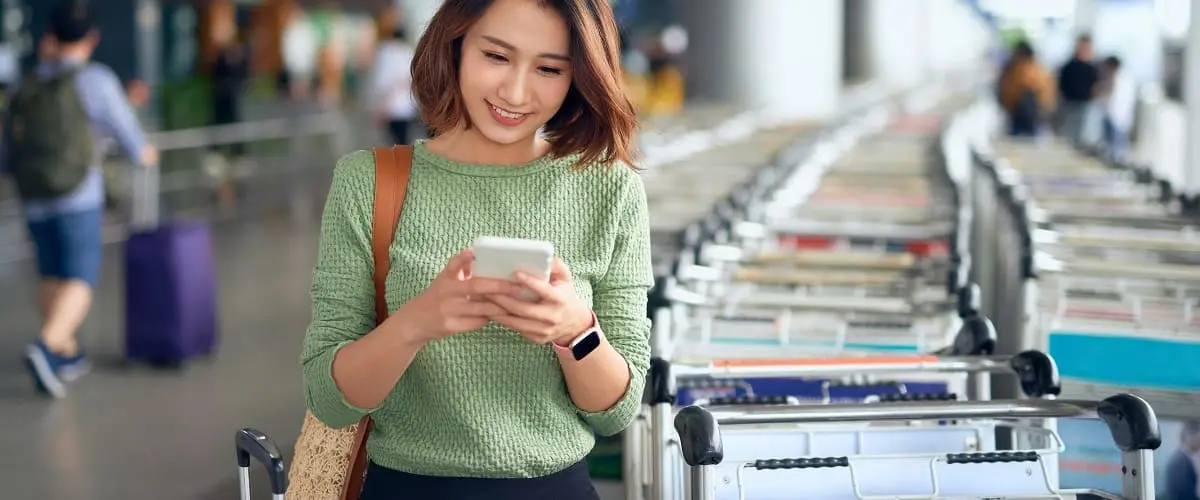


Overseas Student Health Cover (OSHC) is essential for Student Visa (subclass 500) holders in Australia. It helps with GP visits, hospital treatment and prescription medicines - meeting Visa Condition 8501. But OSHC isn’t a “cover-everything” policy. Knowing the limits and exclusions upfront saves money, stress, and time during claims.
This guide explains the most common exclusions and limited benefits across major OSHC insurers, why they exist, and how to plan around them. (Always read your specific policy - details and limits vary by insurer.)
Everything beyond the above - especially dental, optical, and many allied-health services - is where most students run into exclusions.
1) Dental, Optical & Most Allied Health
Workaround: Consider extras cover if you expect to use these services.
2) Routine & Preventive Services (outside medical necessity)
Tip: Ask your GP about low-cost clinic options for routine care.
3) Non-PBS & High-Cost Medicines
OSHC contributes to PBS-listed medicines only, and caps apply (per script + annual).
Tip: Ask for a PBS alternative and keep scripts within policy limits.
4) Services by Non-Registered Providers or Not on the MBS
5) Cosmetic & Elective Procedures

6) Treatment Outside Australia
Tip: Buy travel insurance for trips outside Australia.
7) Repatriation & Medical Evacuation
Tip: Travel insurance often includes these benefits.
8) Private Room Choice & Gap Fees
Tip: Ask for no-gap/known-gap providers before treatment.
9) Waiting Periods & Pre-Existing Conditions
Important: Pregnancy care might be covered after the waiting period; fertility services are typically excluded. Newborns aren’t covered unless added to a family policy.
10) Aids, Appliances & Consumables
11) Non-Emergency Ambulance or Transfer Fees (policy-dependent)
Tip: Check your policy wording on “ambulance” closely.
1. Specialist gap: The doctor charges more than the MBS fee.
2. Private hospital fees: You’re admitted to a private facility with higher charges.
3. Pharmacy over the cap: You hit your annual or per-script limit.
4. Pregnancy before serving waiting period: Costs may not be covered.
5. Dental emergency: Toothache on a Sunday - OSHC won’t cover it.

If you expect to use dental/optical/physio or want broader ambulance benefits, look at extras policies. Some providers bundle limited extras with OSHC; others sell them separately. Compare the extra premium vs likely usage—for many students, a basic extras tier quickly pays for itself with a dental check and a pair of glasses.
Q: Does OSHC cover mental health?
Inpatient psychiatric care may be covered after a waiting period. Outpatient psychology is typically not; check your policy.
Q: Are emergency departments free with OSHC?
Not always. Some hospitals charge facility fees. OSHC may pay benefits toward medical services, but you could still face out-of-pocket costs.
Q: Can I claim telehealth?
If the service is MBS-itemed and your insurer recognises it, benefits are usually payable - check provider eligibility and item numbers first.
Q: Does OSHC cover my newborn automatically?
No. You must upgrade to a family policy and add the baby from birth to ensure cover.
Q: Will OSHC pay for vaccines?
Often no or limited. Many vaccinations are private-pay. Ask your GP for costs.

OSHC is your visa-compliant safety net for medically necessary care in Australia, not a full extras package. Expect no cover (or very limited benefits) for dental, optical, allied health, cosmetic procedures, non-PBS medicines, services overseas, and many routine/preventive items. Avoid bill shock by checking waiting periods, gaps, and ambulance rules, and consider extras cover if you’ll use those services.

.svg)
.svg)
.svg)


